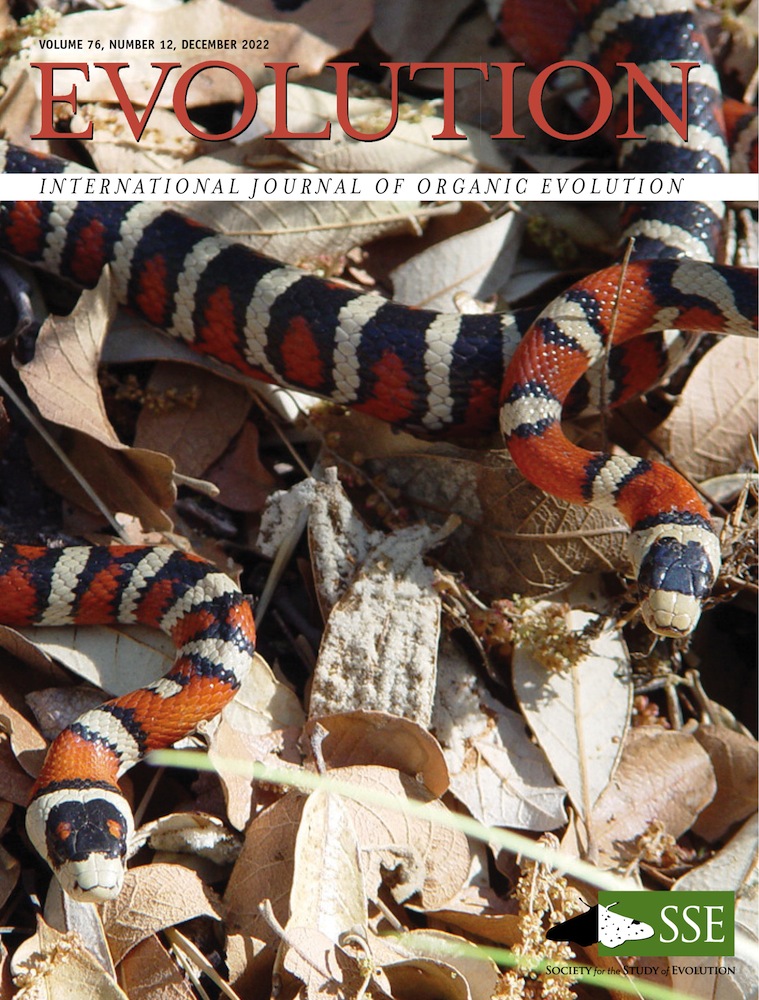EVALUATION OF d2, A MICROSATELLITE MEASURE OF INBREEDING AND OUTBREEDING, IN WOLVES WITH A KNOWN PEDIGREE
Abstract
Abstract.— We have evaluated a microsatellite measure proposed as an indicator of inbreeding and outbreeding using a captive wolf population with known inbreeding levels and founder sources. The measure, which is based on the difference in the repeat number for microsatellite alleles within an individual, was not more predictive of the known inbreeding coefficient than microsatellite heterozygosity (it was actually less predictive). We also found no support that the measure was predictive of the level of outbreeding. However, we could not determine if the measure was predictive of very low levels of inbreeding due to matings between remote relatives. Overall, it appears that the usefulness of this measure to identify individuals on the inbred-outbred continuum beyond that of heterozygosity and identify biologically important associations with fitness-related traits may be limited. We suggest that the measure be examined theoretically to determine when (and how much) the predictive value of the measure is different from that of heterozygosity for inbreeding or outbreeding levels in a variety of different scenarios.




